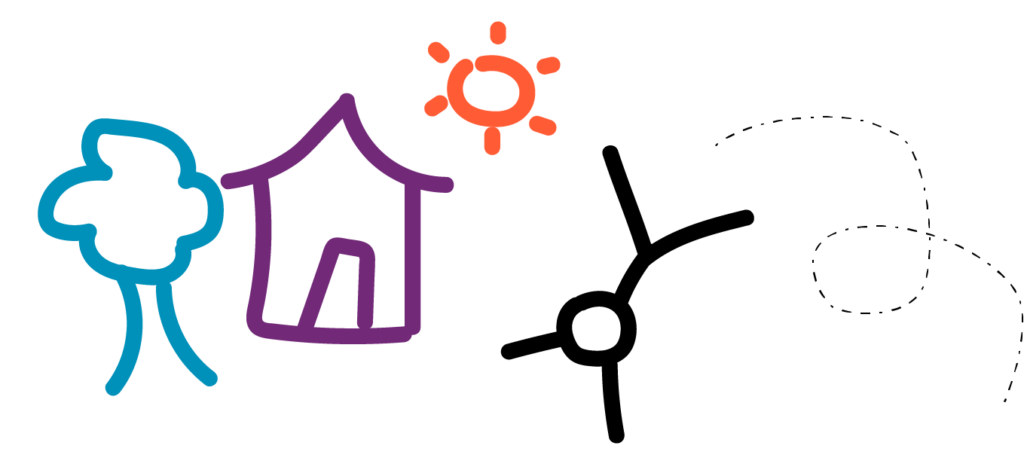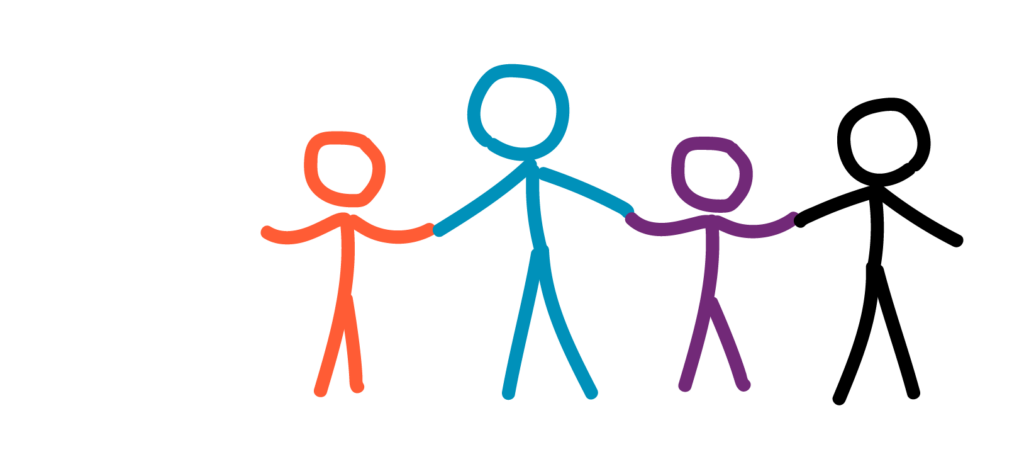Positive Childhood Experience (PCE) Building Blocks
A 2017 paper published in Academic Pediatrics established four building blocks, which describe the types of key PCEs that are critical for healthy development. Every adult who interacts with children and families has the ability to promote access to these Building Blocks to create a thriving community. Learn more about what you can do here.
The broad categories of PCEs are:
Building Block #1: Relationships
This building block emphasizes the importance of nurturing, supportive relationships throughout life. Early secure attachments, such as the bond between a parent and baby, are critically important to healthy development. Children also need to have supportive relationships outside of their parents and caretakers, including with other adults and peers.


Building Block #2: Environment
All children need safe, stable, protective, and equitable environments in which to live, learn, and play. This includes having safe, stable housing, adequate nutrition, access to high-quality education and health care, and safe, appropriate places and opportunities to play.
Building Block #3: Engagement
A sense of social and civic engagement and connection to the community is very important. Children need to feel they belong, and that they matter to the people and communities around them. For example, getting involved in community projects or events, helping teachers at school and performing tasks at home can help children feel valued and connected.


Building Block #4: Opportunities for social and emotional growth
Children need to develop social and emotional competencies, which will allow them to constructively navigate adversity and challenges. For example, unstructured playtime with peers can offer opportunities for social and emotional development. Through this unstructured play, children learn how to negotiate and settle arguments in an appropriate manner.
